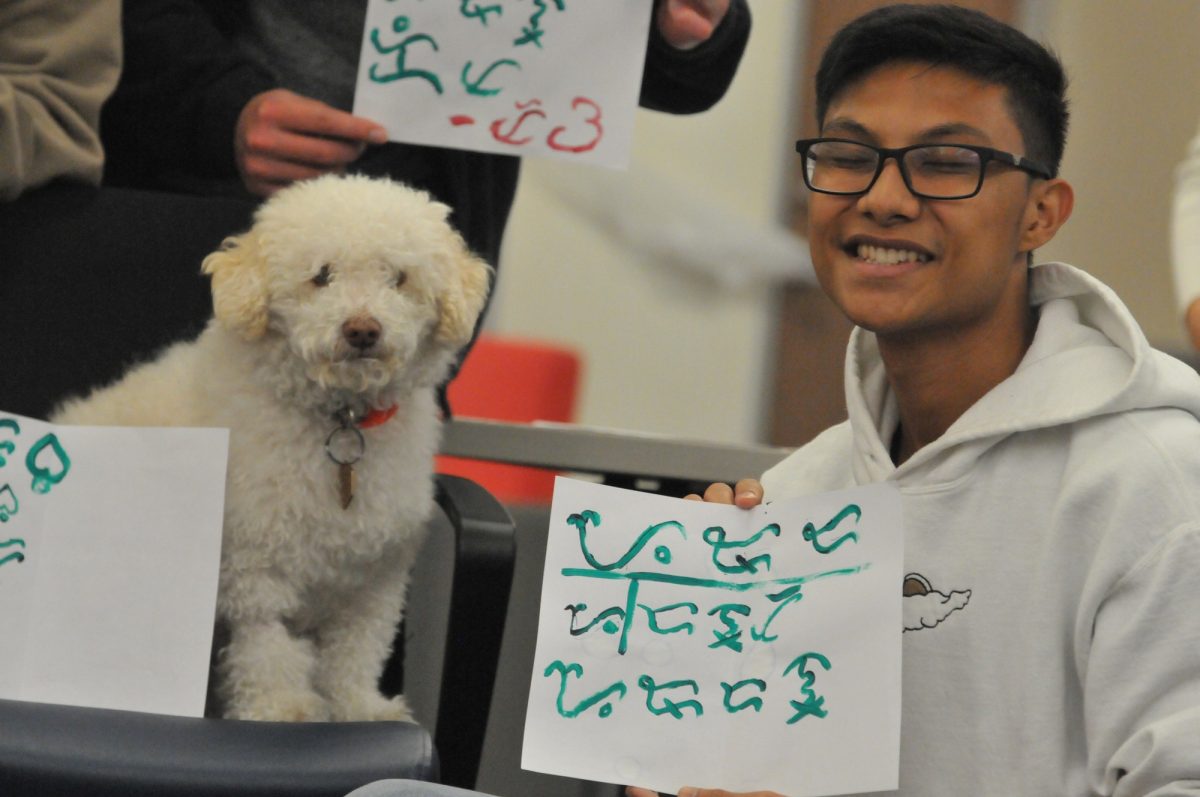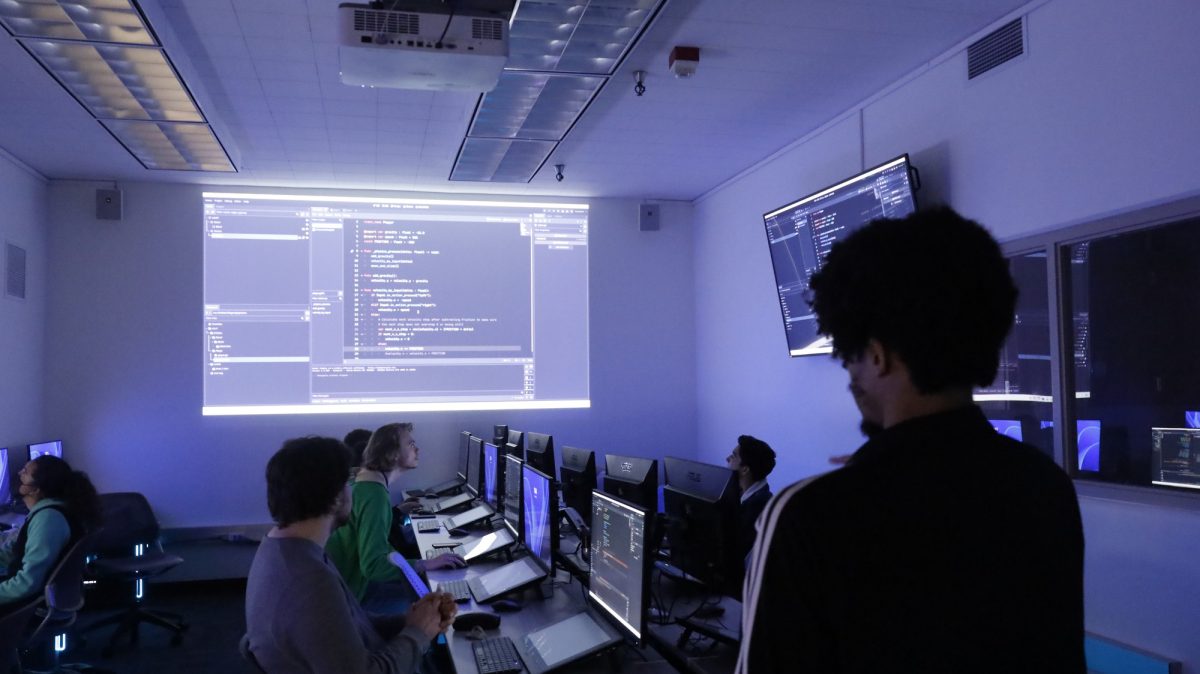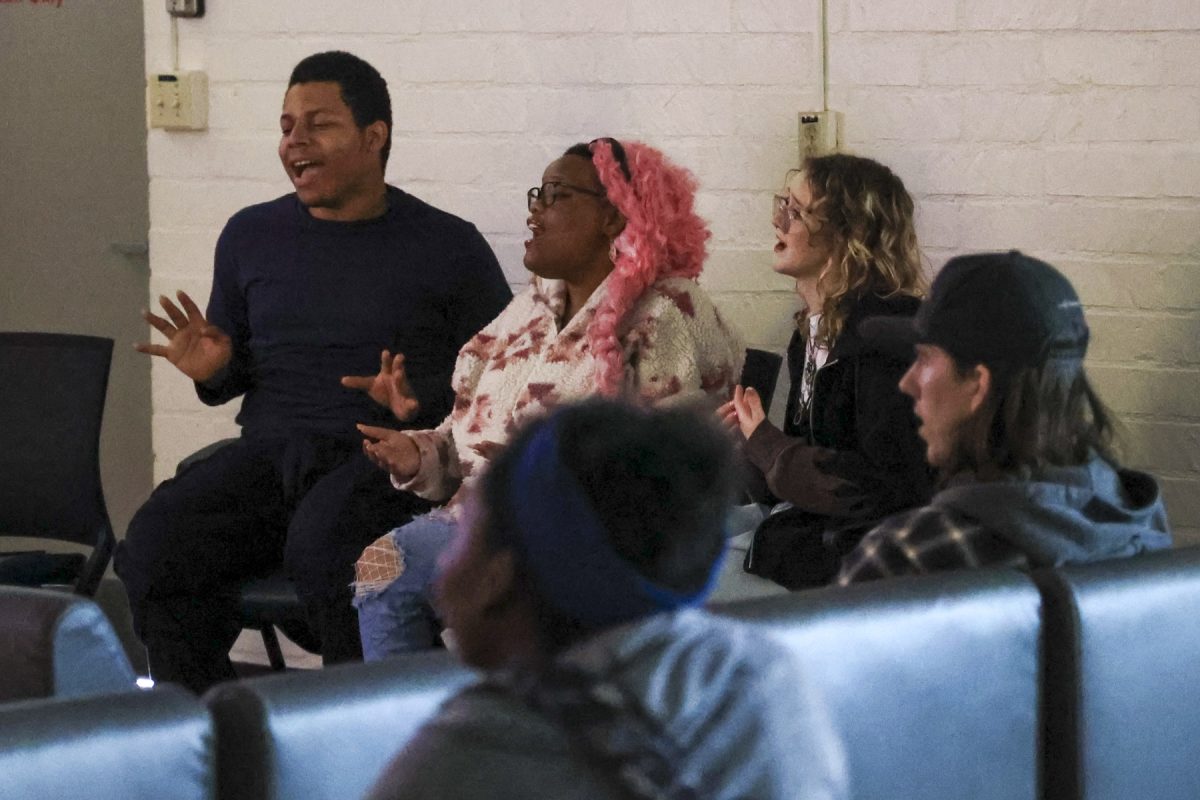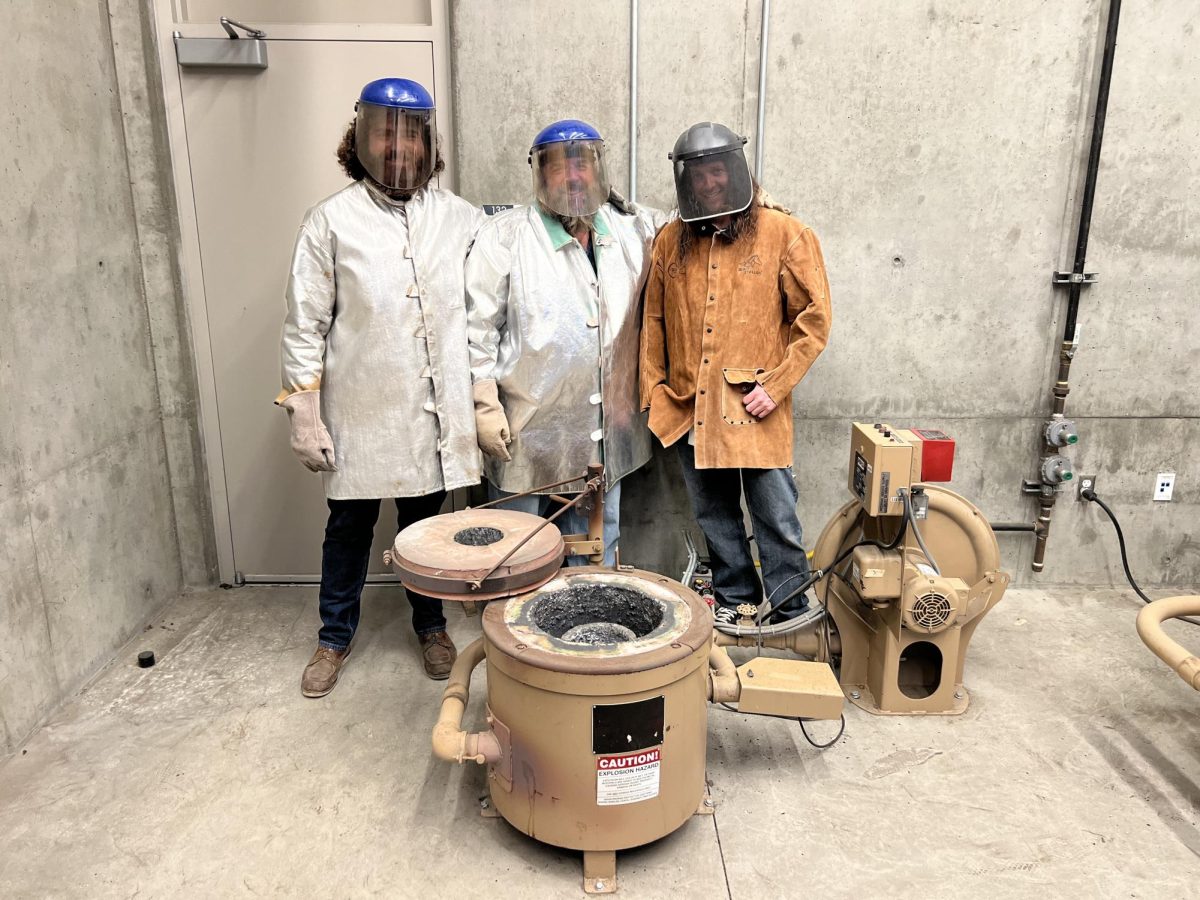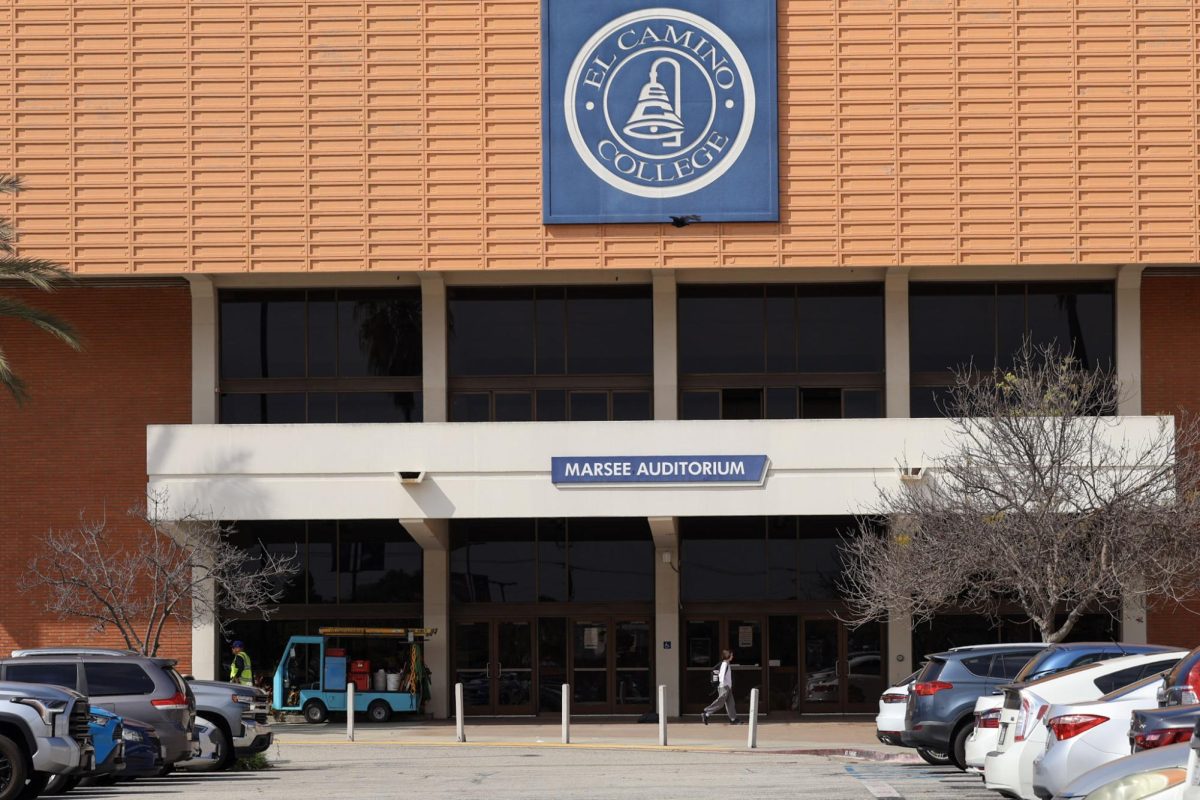Barkada, translated to “group of friends” in Tagalog, is what best describes the purpose of the Barkada Club at El Camino College and its members.
The club, which started this fall, aspires to educate its members and others in the El Camino community on what it means to be Filipino, build a community for Filipino students on campus, as well as raise awareness for the current condition of the Philippines – political issues, inequality and natural disasters.
“It [the club] started off as a tiny plan,” the club’s president Kristina Tiongco said.
Cabinet members of the Barkada club said motivation to form the club started from UCLA’s Samahang Pilipino Advancing Community Empowerment club that visits ECC to help students transfer to universities, offering counseling as well.
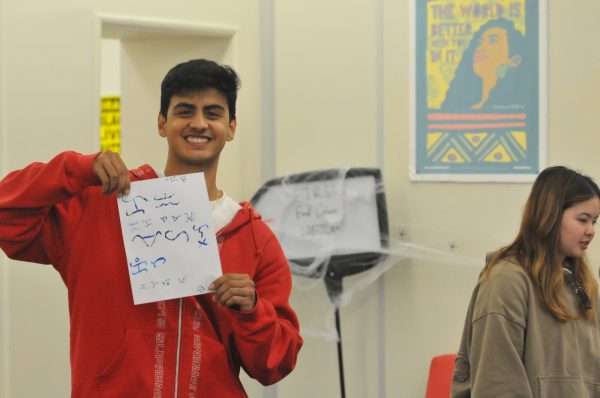
“We noticed that there were a lot of Filipinos on campus, but they were all spread out – there was no sense of community,” Barkada’s Director of Public Relations Cian Lorenzo Bercasio club said. “We just wanted to start a community, not just for Filipinos, but for the Filipino heritage.”
Members said the club created a space for them to get in touch with their roots.
There are currently 30 active members in the club, nine of them being the original founding members. Members encourage students to join, even if they are not Filipino. The club welcomes everyone.
During meetings, which take place every other Friday from 3 to 5 p.m., members partake in different activities. These activities include exposing members to Filipino culture through movie nights where they watch Filipino films, potlucks featuring traditional Filipino dishes, karaoke nights and playing traditional Filipino street games called “laro ng lahi.”
The Barkada club also collaborates with other clubs on campus to expand diversity and make a more engaging environment.
Events and activities gave them the opportunity to reconnect with the culture they felt like they had disbanded from by building relationships with others that share their heritage despite possibly not coming from similar upbringings.
“I was born in the Philippines, and was bullied in elementary school for having an accent and bringing ethnic foods for lunch,” Inter-Club Council representative for the Bakarda club, April Joy Malabayabas said. “As a way to defend myself, my mom made me do a lot of worksheets and practice pronunciation every summer.”
Malabayabas said her language loss made her feel disconnected from the Filipino culture. Having this club with people who accept her despite being distant from the culture helped her feel less lonely.
Building these kinds of connections is what makes her happy to have this club on campus.
Experiences of disconnection from the culture are something many members of the club share, and say that the sense of building reconnection is what the Barkada club is all about.
In the past, there was a different Filipino club, the ‘Maharlika’ club. Students are unsure of what happened to the club, but are happy to have founded a new one.
“We want to keep this club active and not stray from what we made it for,” Bercasio said. “I really hope this club lasts for a while.”


